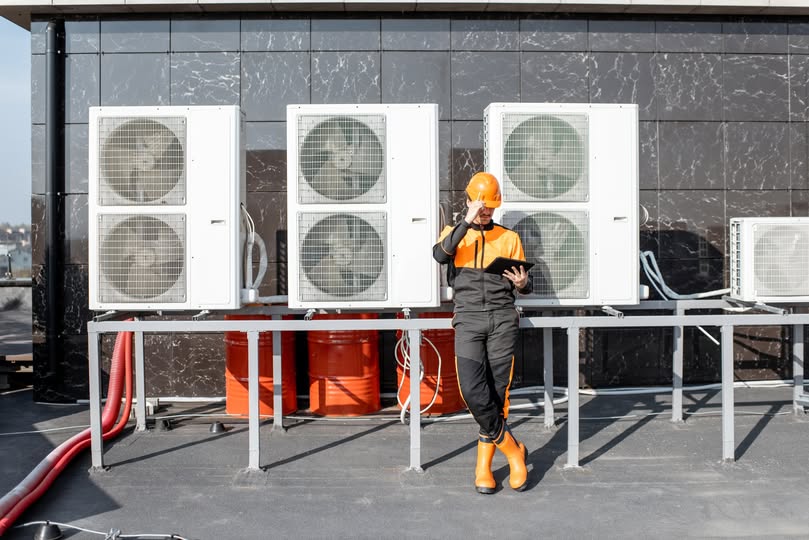Autumn is a lovely time of year in Toronto, with comfortable temperatures during the day and a chill during the nighttime hours. Whether you’ve fired up your furnace for the first time, or you’ve already had it running, an unusual odor is always cause for concern. Below are five smells coming from your furnace that you shouldn’t ignore and what you should do about it.
Dirty Socks
If you smell dirty socks, it doesn’t always mean it’s time to do laundry. It happens when bacteria build up in your furnace coils due to a moist environment. It occurs when your furnace cools and reheats repeatedly, which creates condensation. When you have a moist environment, it causes bacteria to grow, which affects the quality of your indoor air. A clean home environment is one of the reasons why furnace maintenance in Toronto is so important.
Dust
When you turn on your furnace for the first time in the heating season, it’s normal for it to produce a musty or dusty odor. You can either remove the dust before you turn on your furnace, or you can let the furnace burn away the dust. If you find that the smell persists, you can schedule furnace maintenance in the Greater Toronto Area with our team at A-Plus Quality.
Ozone or Electrical Burning
As your furnace ages, it’s normal for it to draw additional electricity. However, this results in excessive heat building up in the motor, which then melts away your wire insulation. As a result, this causes sparks, produces electrical shorts, which risks starting a fire in your home. When you call us for your HVAC services in the Greater Toronto Area, you can rely on us to take care of your electrical problems safely.
Rotten Eggs
Natural gas has no odor of its own, which is why gas companies add in a chemical to help keep people safe. When you smell rotten eggs, this is indicative of a gas leak, and you should immediately leave your home and call emergency services before calling a professional.
While you may find that encountering some of these odors to be unusual, don’t be afraid of calling for local HVAC services in the Greater Toronto Area. A-Plus Quality is here for all your heating and cooling needs, including furnace maintenance in Toronto and nearby regions. Contact us today!



